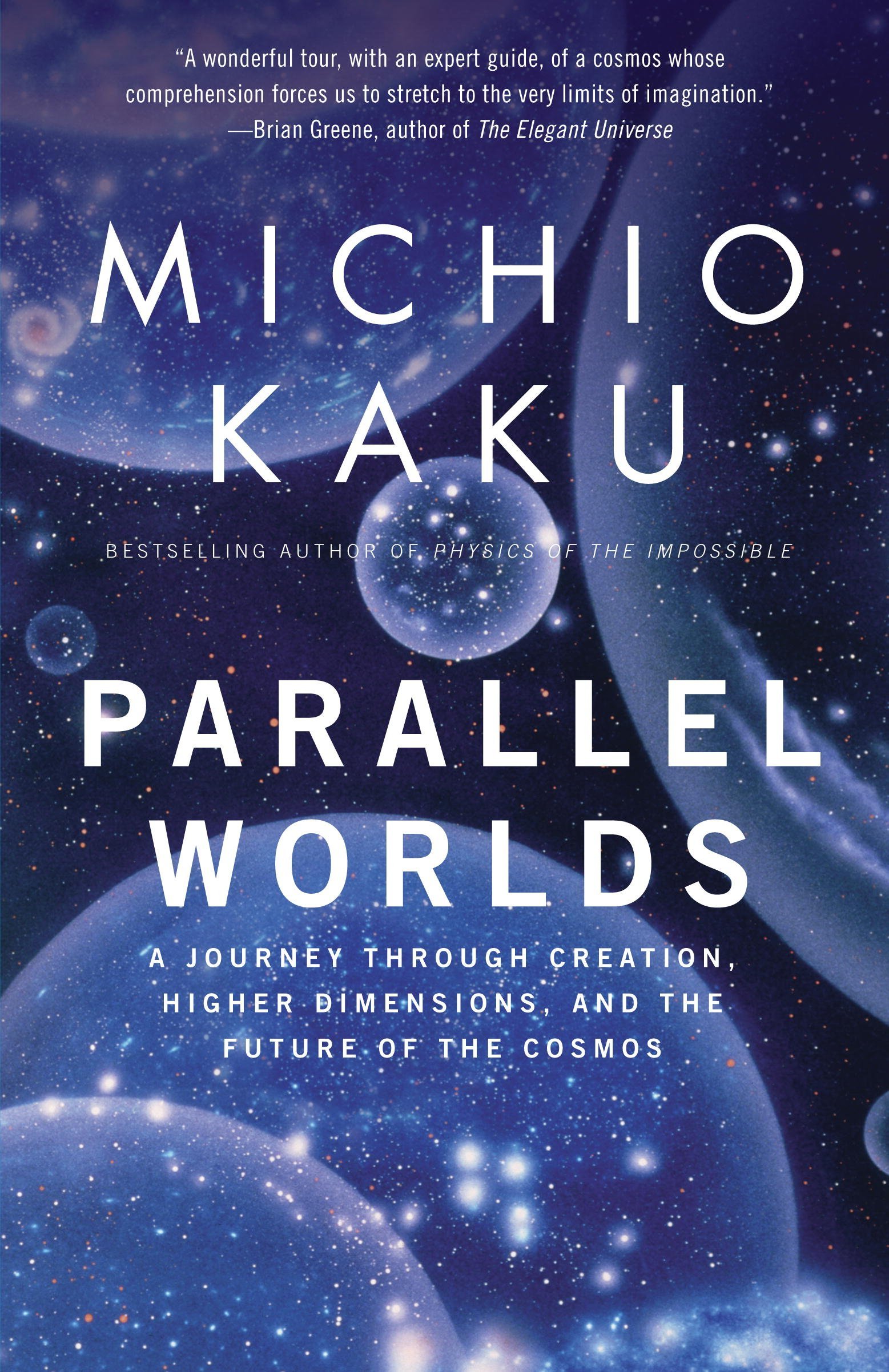
Physics of the Future: How Science Will Shape Human Destiny and Our Daily Lives by the Year 2100
Book Description
Imagine a world where science fiction becomes reality. In "Physics of the Future," Michio Kaku unveils a breathtaking vision of life by 2100, where artificial intelligence, teleportation, and nanotechnology redefine human existence. Picture flying cars soaring through smart cities and medical breakthroughs eliminating disease. Kaku’s insights ignite the imagination, exploring how emerging technologies will shape our destinies and challenge our ethics. As humanity stands on the brink of unimaginable change, one question looms: Are we ready to embrace the thrilling, daunting future that awaits us?
Quick Book Summary
"Physics of the Future" by Michio Kaku explores how the frontiers of physics and technology will radically transform every aspect of human life by the end of the 21st century. Drawing on interviews with top scientists and an analysis of current technological trends, Kaku paints a vivid picture of future breakthroughs: artificial intelligence surpassing human intelligence, advanced nanotechnology revolutionizing medicine, matter manipulation enabling extraordinary construction, and even the possibility of teleportation and interstellar travel. Kaku balances optimism with caution, considering ethical dilemmas and societal upheavals that may arise. This imaginative examination equips readers with a scientific framework to understand the potential—and the unforeseen challenges—of our rapidly approaching future.
Summary of Key Ideas
Table of Contents
- 1. The Rise of Artificial Intelligence and Robotics
- 2. Medical Revolutions Enabled by Biotechnology and Nanotechnology
- 3. Transformation of Energy, Environment, and Urban Life
- 4. Expanding Frontiers: Space Exploration and Advanced Physics
- 5. Social, Ethical, and Economic Implications of Future Technologies
The Rise of Artificial Intelligence and Robotics
Michio Kaku begins by tracing the accelerating development of artificial intelligence and robotics. He envisions an era where machines will assist with or automate complex tasks, transforming industries, labor, and daily life. AI may become self-aware, presenting both tremendous benefits and the potential for new risks. Robotics will play roles from household helpers to caregivers, revolutionizing how humans interact with technology. Kaku underscores the necessity for ethical frameworks to manage AI's integration and its potential to change the very fabric of society.
Medical Revolutions Enabled by Biotechnology and Nanotechnology
Medicine and healthcare are set for dramatic advances propelled by biotechnology and nanotechnology. Kaku foresees personalized treatments based on individual genomes, nanobots repairing cells at the molecular level, and regenerative medicine eradicating many currently incurable diseases. The convergence of physics, biology, and information technology could extend lifespans and improve quality of life but also challenge existing medical, legal, and philosophical conventions about mortality and identity.
Transformation of Energy, Environment, and Urban Life
Energy, environment, and infrastructure will undergo sweeping transformations as emerging technology addresses resource scarcity and sustainability. Smart cities will optimize energy use and transportation via intelligent sensors and systems. Cleaner, more efficient energy sources, like fusion power and solar advancements, are expected to reduce dependency on fossil fuels. Innovations in materials science, such as programmable matter and super-strong building materials, will redefine construction, enabling cost-effective, resilient, and smart infrastructure.
Expanding Frontiers: Space Exploration and Advanced Physics
Expanding humanity’s reach into space is another pillar of Kaku’s vision. He envisions moon bases, asteroid mining, and interplanetary travel becoming viable through advances in propulsion systems and materials science. Theoretical physics breakthroughs—such as manipulating wormholes or harnessing quantum effects—could someday enable faster-than-light travel or even teleportation, radically altering our relationship to distance and time. Space exploration will become a collaborative global endeavor with profound implications for science and society.
Social, Ethical, and Economic Implications of Future Technologies
Throughout his forecast, Kaku reflects on the social, ethical, and economic implications of rapid change. Technological unemployment, privacy concerns, and new forms of inequality may emerge. Ethical considerations surrounding AI autonomy, human enhancement, and life extension will demand new societal norms and global cooperation. Kaku argues that the future is not predetermined and encourages readers to actively participate in shaping technological progress to enhance human prosperity and dignity.
Download This Summary
Get a free PDF of this summary instantly — no email required.





